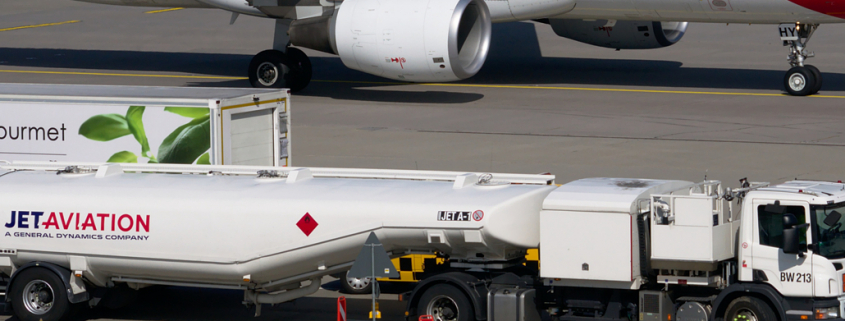Sustainable Aviation Fuel Market to Grow
The market is expected to exhibit a tremendous compound annual growth rate (CAGR) of 60 percent over the forecast period of 2022-2032. According to an analysis provided by Future Market Insights Global and Consulting Pvt. Ltd., the global sustainable aviation fuel market will reach an estimated value of 15 billion US-Dollar in 2030, scaling up from a value of 220 million US-Dollar in 2021.
In use since 2008, sustainable aviation fuel (SAF) is obtained from biomass and organic waste resources. “Advances in technologies have enabled SAF to be used in all kinds of petroleum-based fuel engines,” the market research organization described the situation. “This will bode well for the sustainable aviation fuel market by opening up new market opportunities.” Owing to its production from renewable sources as well as enhancements in aero-engine efficiency by design modification, such fuels were projected to gain traction as a sustainable alternative fuel in the upcoming years. Increasing focus on carbon footprint reduction to secure a sustainable environment coupled with the implementation of stringent rules and regulations by governments worldwide would aid the market growth.
As stated, increasing incomes, a rise in the number of airline passengers, growing air travel, and a rise in the use of synthetic lubricants are factors that will contribute to the anticipated market development. “The use of sustainable aviation fuel is widely accepted as the most feasible and reliable alternative fuel solution in terms of socio-economic benefits. Sustainable aviation fuel also mitigates the aviation industry’s present and future impact on the environment,” Future Market Insights wrote. All these factors were expected to boost the market.
The North American SAF market is projected to grow at the fastest CAGR. The United States and Canada were undertaking various sustainable aviation fuel projects and initiatives like Commercial Aviation Alternative Fuel Initiative (CAAFI), Midwest Aviation Sustainable Biofuels Initiative (MASBI), and Canada‘s Biojet Supply Chain Initiative. Furthermore, supportive legislations and mass measures adopted to reduce aviation measures in the USA would create a viable market environment. Due to its application in the commercial and technological pathways as an alternative to jet fuel, the biofuel segment is identified as the largest sustainable aviation fuel market based on fuel type. The Netherlands, Norway, and the U.K. are some of the biggest investors in this segment, the company underlined.
www.futuremarketinsights.com/reports/brochure/rep-gb-14269
(Published in GLOBAL RECYCLING Magazine 3/2022, Page 5, Photo: Norbert / pixabay.com)









